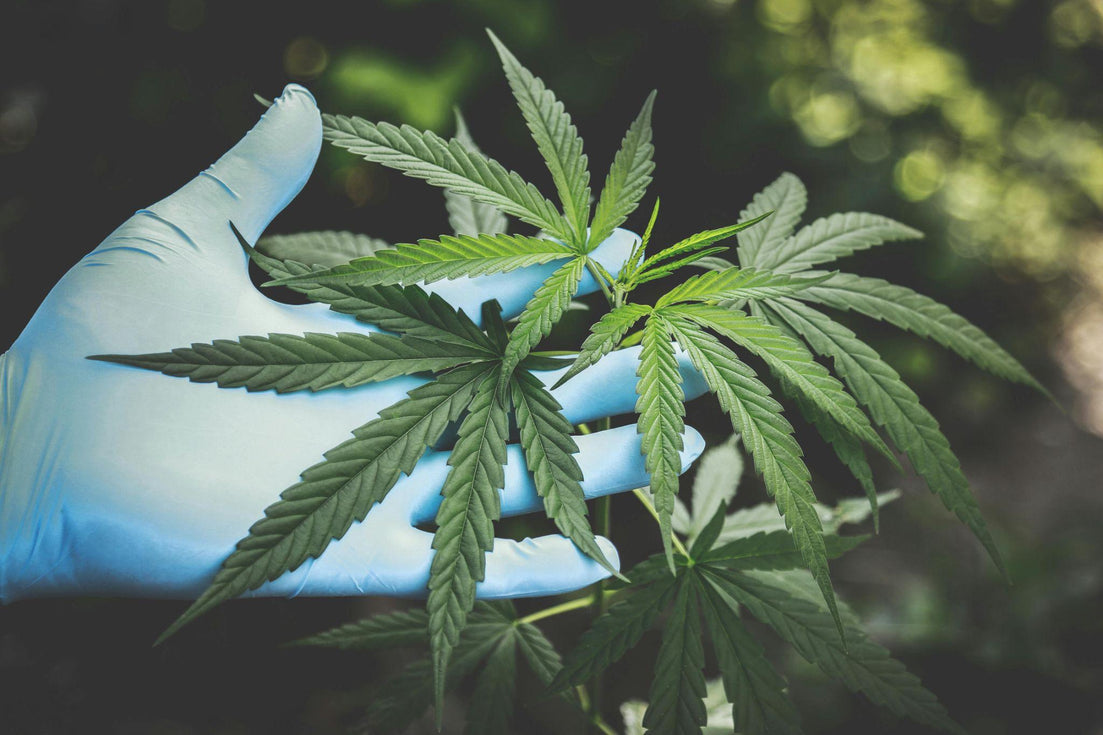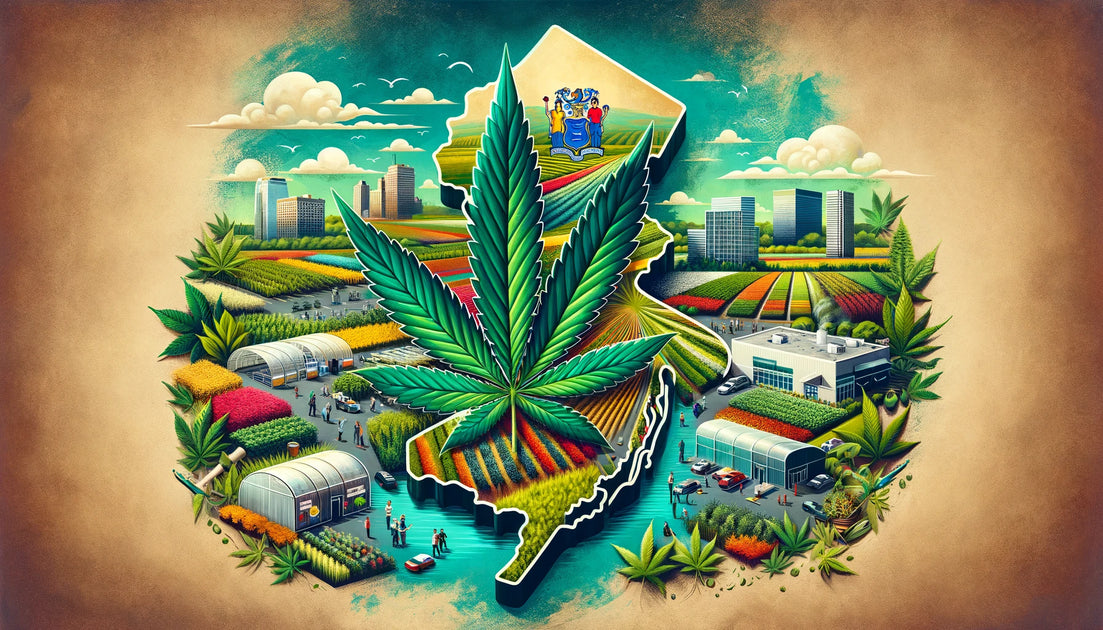Your cart is currently empty.

Marijuana’s impact on fertility has been a topic of much debate. What we do know, thankfully, is that cannabis won’t cause any permanent damage to your conceiving ability. However, if you’re having trouble getting pregnant, marijuana might not be helping. Here’s what you need to know about marijuana and human fertility:
Male fertility
First off, it’s entirely possible to conceive a child after smoking marijuana. However, most available research recognizes that marijuana can affect your sperm and ability to procreate.
 Testosterone
Testosterone
There’s a lot of controversy over marijuana’s impact on testosterone levels. Testosterone plays a major role in sperm development. Having a low T-count can mean a lower sperm count, which would make it more difficult to impregnate someone.
A 1981 article published in the New York Times discussed research that found that marijuana can impact male sex drive in two distinct phases. First, marijuana increases testosterone and other sex hormones, but it also causes sudden testosterone drops.
Susan Dalterio of the University of Texas Health Center in San Antonio found that high doses of THC caused testosterone to spike to 6 times typical levels for the first 20 minutes after smoking in animals. In small doses, the testosterone spike lasted about an hour before levels began to drop.
 Dalterio's study isn't the only one that found these drops. Other early reports found that THC and possibly other cannabinoids impact the production of a couple of specific hormones, like luteinizing hormone (LH) and follicle-stimulating hormone (FSH), both of which are critical to the development of testosterone.
Dalterio's study isn't the only one that found these drops. Other early reports found that THC and possibly other cannabinoids impact the production of a couple of specific hormones, like luteinizing hormone (LH) and follicle-stimulating hormone (FSH), both of which are critical to the development of testosterone.
One study published last year in the American Journal of Epidemiology found that marijuana use was actually associated with higher testosterone levels, but lower total sperm counts. This study examined 1,215 men between the ages of 18 to 28. 45% of these young men used marijuana. While testosterone levels in marijuana smokers showed a similar increase to that of cigarette smokers, the participants’ viable sperm count dropped an average of about 29% compared to their non-smoking counterparts.
The sudden spikes and dips of testosterone seen among marijuana smokers may be partly to blame for low sperm counts. More clinical research is needed to understand just how cannabinoids impact our reproductive functions.
Sperm production
According to a 2014 study published in Human Reproduction, smoking marijuana regularly changes the shape and size of your sperm. Researchers from the University of Sheffield found that young men that use marijuana are more likely to produce abnormally-shaped sperm. This abundance of abnormal sperm cells can make it more difficult to reproduce.
 In one of the largest marijuana-related fertility studies yet, 2,249 men from 14 fertility clinics around the United Kingdom were sent home with a detailed lifestyle questionnaire. Of the participants, 318 men had samples containing less than 4% normal, healthy sperm.
In one of the largest marijuana-related fertility studies yet, 2,249 men from 14 fertility clinics around the United Kingdom were sent home with a detailed lifestyle questionnaire. Of the participants, 318 men had samples containing less than 4% normal, healthy sperm.
When researchers compared questionnaire results with samples containing mostly abnormal sperm, they found the following: first, samples from men who ejaculated during the summer were twice as likely to have low counts of normal sperm. If the man in question was under 30, then it was likely that he had used cannabis within three months prior to getting his sperm tested.
The good news is that new sperm is regenerated in 74-day cycles. If you’re looking to start a family and you haven’t had success, limiting your marijuana intake until your body generates a new round of sperm cells might get things functioning the way you want. Getting your sperm tested at a fertility clinic will also help you to see where you currently stand. Marijuana isn't a death-sentence to sperm, so you understand. Just because you partake, doesn't mean you'll struggle with your sperm.
Female fertility
Female fertility is extremely complex. The biochemical processes that enable life to grow and thrive inside the womb are incredible, and cannabis can have an impact on a lot of them.
Ovulation
The long-term consequences of marijuana on ovulation have yet to be determined. Ovulation is monthly based on the female reproductive cycle. That hormone is a luteinizing hormone (LH). A review of clinical literature published in the Journal of Pharmacology in 2002 found that marijuana decreases the level of LH that is secreted by the pituitary gland.
One of the studies cited in the literature review tested the impact THC had on the ovulation of monkeys. Their LH levels decreased by 50 to 80%. This stopped ovulation, meaning that the ovary did not produce an egg.
After about 3-4 months, even though the monkeys were still being treated with THC, ovulation and menstruation returned to normal. As their tolerance for THC increased, menstruation and ovulation spontaneously began again. A second study examining oral THC administration in rhesus monkeys had similar findings, and the study found that those monkeys also had no trouble conceiving while under the influence.
Embryo implantation
You may have heard jokes about marijuana causing sperm to be delayed in men, but there may also be some truth to the claim. A study published in 2006 in the Journal for Clinical Investigation found that frequent marijuana use showed a correlation with slow egg travel from the ovary to the uterus in mice.
Time is important to a fertilized ovum. Once the sperm gets to the egg, it needs to implant within a certain period of time before it loses viability. Due to the fact that marijuana may delay travel, a newly formed embryo may not be able to make it in time to implant in order to create a pregnancy. The failure of an embryo to implant in the uterus is considered an early miscarriage.
The risk of ectopic pregnancy is increased with the failure of an embryo implanting. An ectopic pregnancy is when an embryo implants in the fallopian tube rather than the uterus and can kill the mother.
The endocannabinoid system and reproduction
When you use marijuana, active plant compounds known as cannabinoids interact with a network of cell receptors within the body known as the endocannabinoid system. The endocannabinoid system (ECS) regulates a wide variety of basic bodily functions and helps maintain homeostasis within a variety of bodily functions.

Research has shown that the ECS plays a vital role in both male and female reproductive systems. Endocannabinoids and cannabinoid receptors have been found in seminal fluid, fallopian tubes, ovaries, and the placenta. Compounds like anandamide, an endocannabinoid made in the body, can kick-start ovulation when levels are high. You need low levels of anandamide, however, if you want to become pregnant.
The role of the ECS in reproduction is quite complicated. In order for life to form, hormonal and endocannabinoid levels need to be at the perfect level at the exact right time. Any imbalances in this system and you may have difficulties. However, the exact end result will be is difficult to tell.
THC inside the womb
Leftover THC tends to sit in fallopian tubes, which could be damning for sperm cells. Anandamide may be critical for readying sperm for the egg. Freshly ejaculated sperm cannot be successful without contact with female hormones and sex cells. Anandamide may be one of the things with which sperm might need to come into contact.
A 2002 study found that there are CB1 receptors on sperm cells. They found that in low concentrations, anandamide helped the viability of sperm. In high concentrations, anandamide prevented sperm from fertilizing an egg. When you consume marijuana, higher concentrations of THC bind to these CB1 receptors, and take the place of high concentrations of anandamide.
Does marijuana lead to infertility?
It sort of does, but not beyond repair. Using marijuana can hinder the process by decreasing viable sperm in men, and it may make getting pregnant more difficult in women. In men, a low sperm count may continue for as long as you smoke weed. In women, however, tolerance to the plant over time seems to mitigate some of the initial effects.
 Marijuana could slow things down but, refraining from consuming it while you're trying to conceive seems to get everything back in working order. More advanced clinical research is needed to be completely sure, though.
Marijuana could slow things down but, refraining from consuming it while you're trying to conceive seems to get everything back in working order. More advanced clinical research is needed to be completely sure, though.
The political debate surrounding marijuana makes the plant and its potential effects difficult to study in general. Much of the human research available relies on relatively small sample sizes and self-reporting, both of which hinder the accuracy of what little scientific research is currently available.
A Jamaican example
Where the research is coming from is another obstacle to tackle. Much of the tested scientific information draws heavily from western demographics.
In Jamaica, it’s not uncommon for pregnant mothers to smoke marijuana or drink marijuana tea throughout their pregnancies. After birth, schoolchildren are often given ganja tea, which is believed to increase academic performance and promote healthfulness.
Research done in the 1980s followed the pregnancies of 24 marijuana-consuming women and compared post-pregnancy results to 20 women who did not partake. The women in the study all had successful pregnancies. The research found no statistical difference in cognitive or motor development between marijuana-exposed children and non-exposed controls.
Even though cannabis use is the third most popular drug in Jamacia (after tobacco and alcohol), the rate of miscarriages remains more or less on par with the global average. This would indicate that, while there is evidence that using marijuana may make it harder to conceive, there are also reports of successful pregnancies and births from marijuana consuming mothers.
There are many reasons why any given person may have trouble conceiving. If you find yourself struggling and frustrated, laying off weed for a while might help. Although, other factors like stress, diet, and nutrition are also strongly linked to infertility and may be contributing, if not the source of your difficulties. It’s always best to talk to your doctor to determine what factors are most impacting conception for you and your partner.
Although science suggests the odds may be against you, getting pregnant while using marijuana is still entirely possible. It's also important to note that marijuana is in no way a viable method of birth control.
. Written by Megan Medeiros (BA)
Written by Megan Medeiros (BA)
Megan Medeiros has a bachelor’s degree in English and is currently working on a master’s in English at James Madison University. She's the owner and operator of Medeiros Writing, and has been working as a cannabis writer for the past three years, mostly following the legal climate of marijuana, especially in areas like California, Colorado, Oregon, Canada, and other legal areas.
This post contains references to products from one or more of our advertisers. We may receive compensation when you click on links to those products. For an explanation of our Advertising Policy, visit this page. All photos were sourced from Pinterest.com | updated 2021



